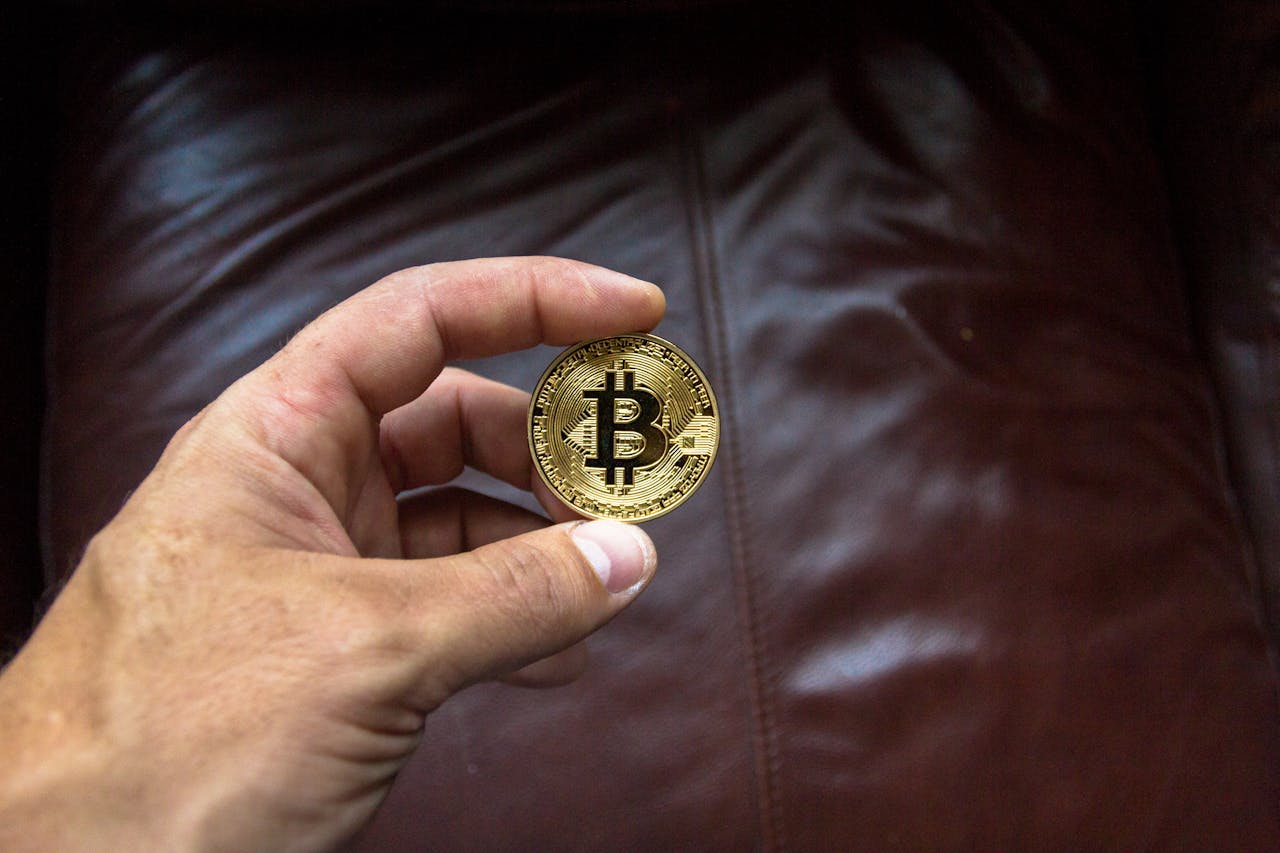

The Asian Development Bank (ADB) has forecasted Malaysia's economy to rebound to 5.7% in 2021 with the support of the COVID-19 vaccines rollout, a more investment-friendly business environment, and accommodative policies.
The Malaysian government has recently released several initiatives to help businesses cope with market volatility. The initiatives range from wages subsidy programs, loan repayment assistance, financial grants for Small to Medium Enterprises (SMEs) to SME Digitisation grants that would boost local businesses' ambitions to go digital and enhance agility in the competitive market.
The government also subsidizes electricity bills and creates a Working Capital Guarantee Scheme (SJMK) to ease funding for SMEs with a wide range of limits, RM 100,000 to RM 10 Million depending on the needs and urgency of the businesses.
These initiatives would become the backbone to Malaysia's growth recovery, eventually returning inflation to the pre-COVID 19 conditions and narrowing the trading account balance through import activities.
Previously in 2020, the country's GDP has contracted by 5.6% due to the global pandemic and the continuous fall in oil prices.
Malaysia's private consumption was negatively affected by 2.5% from job and income losses, alongside strict lockdown measures disabling business operations and trade activities.
Furthermore, the COVID-19 pandemic also resulted in the plunge of public investment by 21.4%, slowing down the nation's infrastructure developments and putting the country in a vulnerable economic condition.

However, the Malaysian government's budget for 2021 is expansionary, allocating RM 322.5 Billion--or equivalent to 20.6% of the GDP--to fiscal stimulus programs and investment incentive packages to invite value-added investments, prioritizing technology, pharmaceutical, and finance sectors, amongst others.
One of the more significant investment incentives that the Malaysian government has initiated is PENJANA: 10 to 15 years of tax exemption for foreign direct investments valued at RM 300 Million or more in the manufacturing sector.
The government has also set up a Project Acceleration and Coordination Unit (PACU) alongside other online platforms to expedite the investment realization. The East Coast Rail Link also acts as a critical key factor in recovering the manufacturing sector, connecting the eastern and western coast of the country, and providing numerous economic, environmental, and social benefits.
The construction is a joint venture project with the China Communications Construction (CCCC), paving the most significant trade project between China and Malaysia.
Moreover, the Ministry of International Trade and Industry (MITI) has recorded the boost of Malaysia's export by 17.6%, or equivalent to RM 87.57 Billion in February 2021, the most robust growth since October 2018.
The event has resulted in the country's trade surplus jumping 41.6% to RM 17.86 Billion. Competitive commodities prices and spare capacity will play an essential role in sustaining the country's recovery.
With the health crisis continuing across the globe, Malaysia is at the risk of a prolonged pandemic that would burden the pace of economic recovery. However, the government's plans to remain accommodative through monetary policy assessments and massive fiscal stimulus provide an optimistic hope of resilient recovery.

The Latest Developments in Cryptocurrency Adoption in SEA
The cryptocurrency market in Southeast Asia (SEA) has seen exponential growth in recent years. The revenue of cryptocurrency in the region was around USD 1,384 million in 2023 and is expected to grow by USD 1 million in the next four years. Countries like Indonesia, Singapore, and the Philippines are at the forefront of this digital revolution. The region's young, tech-savvy population, coupled with increasing internet penetration, has created a fertile ground for the adoption of cryptocurrencies. Currently, the crypto market in SEA is valued at several billion dollars, with projections indicating continued growth.

An Overview of the Halal Cosmetics Market in Malaysia
The halal cosmetics market in Malaysia has been experiencing significant growth. It is driven by a combination of increasing consumer awareness, government support, and the rising demand for halal-certified products among both Muslim and non-Muslim consumers.

How Digital Marketing is Transforming the Automotive Lubricants Market in Southeast Asia
In recent years, digital marketing has emerged as a transformative force in the Southeast Asian (SEA) automotive lubricants market. The region's rapidly growing internet penetration and increasing smartphone usage have created fertile ground for innovative digital strategies. This evolution is reshaping how companies engage with customers and streamline their operations, offering numerous opportunities for growth and efficiency.

Exploring New Business Models for a Sustainable Future
Transitioning towards new sustainability business models can help companies drive positive change and contribute to a more sustainable future.